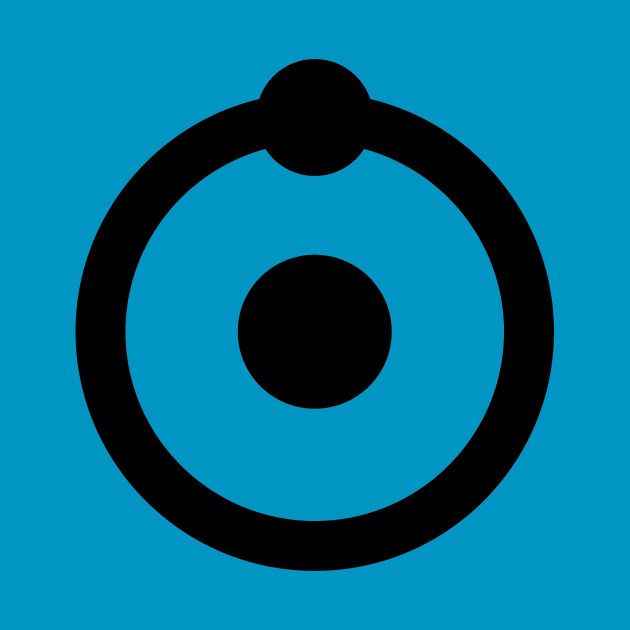Many, if not most, modern satanists are atheistic satanists. Satan is merely a convenient bit of Judeo-Christian mythology/imagery used to irritate Christians.
While I hesitate to recommend The Satanic Temple due to the actions of one of the founders, their “7 Fundamental Tenets” are a pretty great basis for an atheistic worldview.
Edit: normally, I’d link some resources, but it’s late, I’m on mobile, and search engines exist, so… Sorry, not sorry.


Yeah, that seemed needlessly confusing to me too.